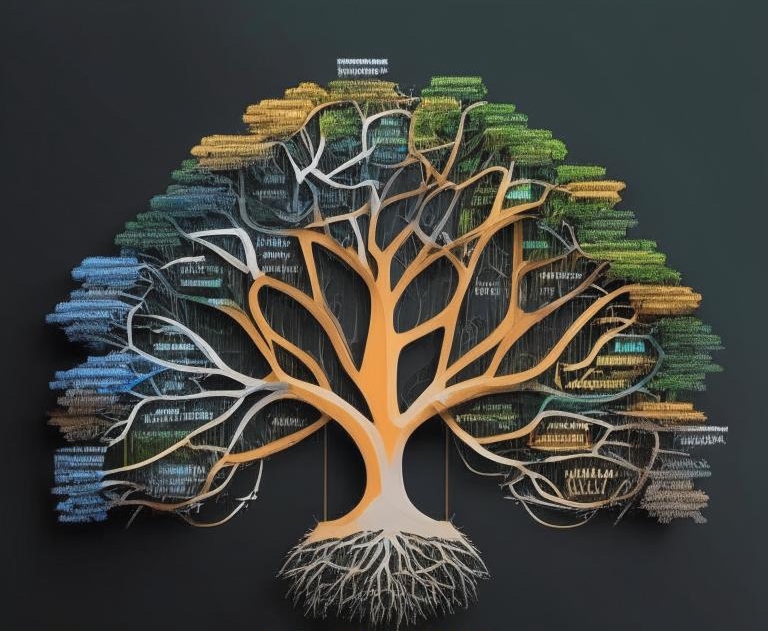Procedural
by John Backus and Grace Hopper
Procedural programming is a subset of imperative programming that focuses on organizing code into more structured and manageable blocks—procedures or functions. In this paradigm, the programmer divides the program into smaller, independent subroutines, each performing a specific task.
Founders
Notable contributors to procedural programming include John Backus and Grace Hopper, who made significant contributions to the development of programming languages structured around subroutines and functions.
Historical Context
Procedural programming became more formalized with the development of languages like Algol (1950s), which was created by an international research team including John Backus, Peter Naur, and others. The paradigm was further popularized by languages such as C and Pascal.
Subroutines Can Be Called From Various Places in the Program, Promoting Code Reusability and Readability
Procedures or functions defined in the program can be called multiple times, reducing the need for code duplication. This allows for separating the program logic into smaller, easily manageable parts, each addressing a specific task. For example, a function can be created to calculate the average value of an array, and this function can be called in different parts of the program as needed.
Input Data is Passed to Subroutines as Parameters, Making the Code More Modular and Versatile
Procedural programming actively uses parameters to pass data into functions or procedures, allowing the creation of more flexible and universal subroutines. This improves the modularity of the program, making it easier to test and reuse.
Procedural Programming Encourages Breaking Large Tasks Into Smaller Subtasks, Simplifying the Design and Debugging Process
The modular structure created through procedures simplifies the design process since each procedure is responsible for performing a single, specific task. This also simplifies debugging, as errors can be isolated within individual procedures rather than in a large monolithic program.
Procedural programming is widely used in languages like C, Pascal, and Fortran, and remains a popular approach for tasks requiring structured and modular code organization.
Examples of Languages
- C
- Pascal
- Ada
procedural paradigm
